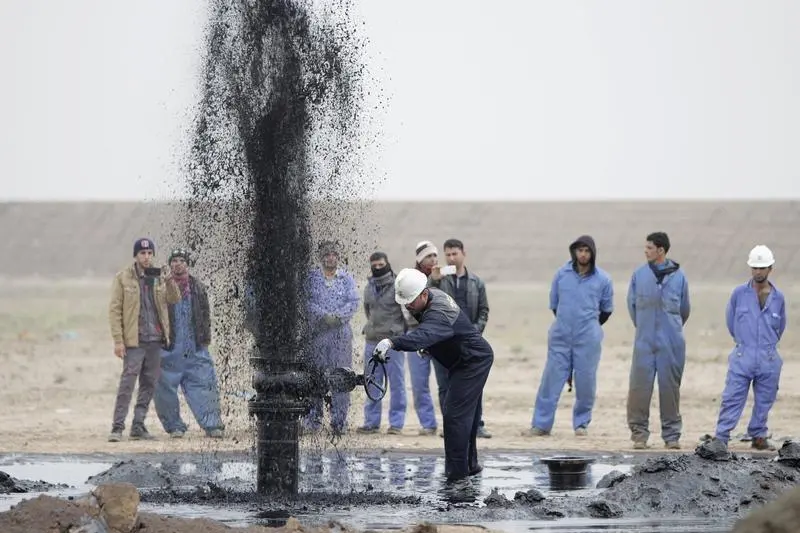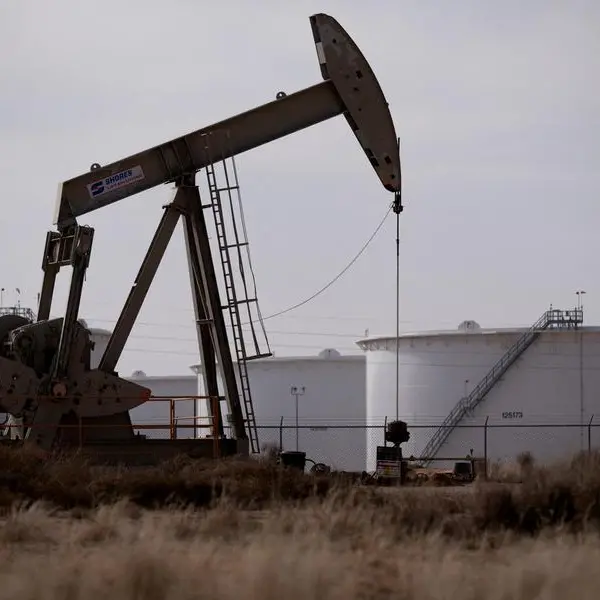PHOTO
Oil prices were flat on Thursday after a surprise jump in U.S. gasoline inventories and postponement of the OPEC+ meeting on output policy to Dec. 5 from Dec. 1.
Brent crude futures edged up by 8 cents to $72.91 a barrel by 0955 GMT while U.S. West Texas Intermediate crude futures were up 7 cents at $68.79.
Trading is expected to be light because of the U.S. Thanksgiving holiday on Thursday.
OPEC+, comprising the Organization of the Petroleum Exporting Countries and allies including Russia, delayed its weekend meeting to avoid a conflict with another event, the producer group said.
The group pumps about half the world's oil but has maintained production cuts to support prices during an extended period of weak global demand. That has pushed OPEC+ to repeatedly delay the rolling back of those cuts.
OPEC+ sources have said there will again be discussion on Dec. 5 over another delay to oil output increases due to start in January.
A further deferment has mostly been factored in to oil prices already, said Suvro Sarkar at DBS Bank. "The only question is whether it's a one-month pushback, or three, or even longer."
Depressing prices slightly, U.S. gasoline stocks rose 3.3 million barrels in the week ending Nov. 22, the U.S. Energy Information Administration said on Wednesday, countering expectations of a small draw in fuel stocks ahead of holiday travel.
Slowing fuel demand growth in top consumers China and the United States has weighed heavily on oil prices this year.
Brent and WTI have lost more than 3% this week.
Further price pressure has come from a ceasefire deal between Israel and Lebanon's Hezbollah, which began on Wednesday and has eased concern over potential disruption to oil supplies from the Middle East.
Market participants are uncertain how long the ceasefire will hold, with the broader geopolitical backdrop for oil remaining murky, analysts at ANZ Bank said.
Oil prices are undervalued given a market deficit, the heads of commodities research at Goldman Sachs and Morgan Stanley warned in recent days. They also pointed to potential risk to Iranian supply from sanctions that could be adopted under U.S. President-elect Donald Trump.
(Reporting by Paul Carsten Editing by David Goodman)





















